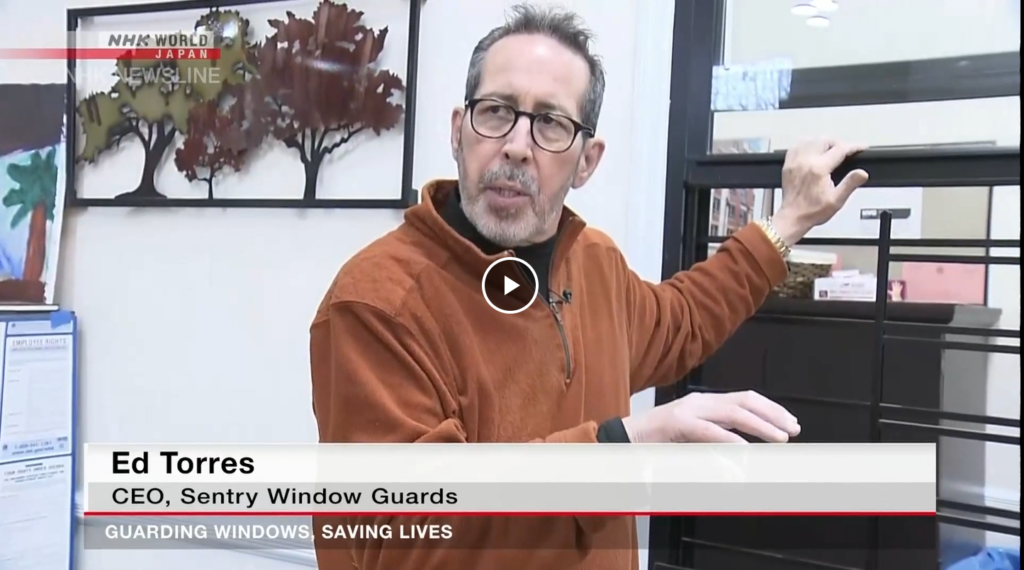NYC home hunting is never an easy task, but it can be especially difficult in the current climate. Sometimes emotions can get in the way of being able to objectively view a property. Use the list of red flags below to stay vigilant throughout the search process.
- Safety Concerns – Whether renting or buying, always check for security items like peepholes, quality door locks, good lighting, and cameras in common areas. While doors are the first line of defense for your security, windows are the second. Windows should have sturdy, easy to use locks. Look for secure window guards. NYC building owners are required to provide and properly install approved window guards on all windows, including first floor bathrooms, windows leading onto a balcony or terrace in an apartment where a child 10 years of age or younger resides, and windows in each common area, on any floor. Additionally, if tenants or occupants want window guards for any reason, even if there are no resident children 10 years of age or younger, the tenant can request the window guards in writing.
- Foundation Issues – Most foundation issues are serious and can’t be ignored, no matter how minor they may look and how much you love the property. Any cracks wider than a half an inch or large cracks that appear to have been recently covered up are a red flag. If a seller is aware of foundation problems, they should disclose that fact when you first view a home. However, owners are often unaware of foundation problems. A home inspector can look for foundation issues and help ensure you’re making a good investment.
- Too Good to Be True Price – As the saying goes, if something seems too good to be true, it probably is. A house may be priced to sell because the owner needs to move on in a short timeline, but it could also mean there are problems with the property. Before you fall in love with a home that is priced to sell, be sure to find out why!
- Multiple Listings – Are there multiple properties for sale in the general vicinity? This could indicate a problem with the location and location means everything in real estate. A property that has been sold multiple times should also raise a red flag. Do your research on the property and the surrounding area before deciding on a home.
- Unusual Odors – Unpleasant odors in a home could indicate a mold infestation, water damage, sewage issues, poor ventilation, leaking pipes, or HVAC issues. If you notice an unusual odor in a home you are interested in, hire an inspector who will pay special attention to unmasking the foul odor.
- Random Fresh Paint – Repainting is a common practice when vacating a home, but random patches of fresh paint are a red flag. Painting only one side of a room or only a portion of the ceiling could indicate that someone is trying to cover up a defect or water stains from leaking.
When you do find your dream home, Sentry Window Guards can provide various types of childproof window locking mechanisms and safety devices. For more information regarding our window guard products and our experience and leadership in understanding NYC safety requirements, contact us today!









